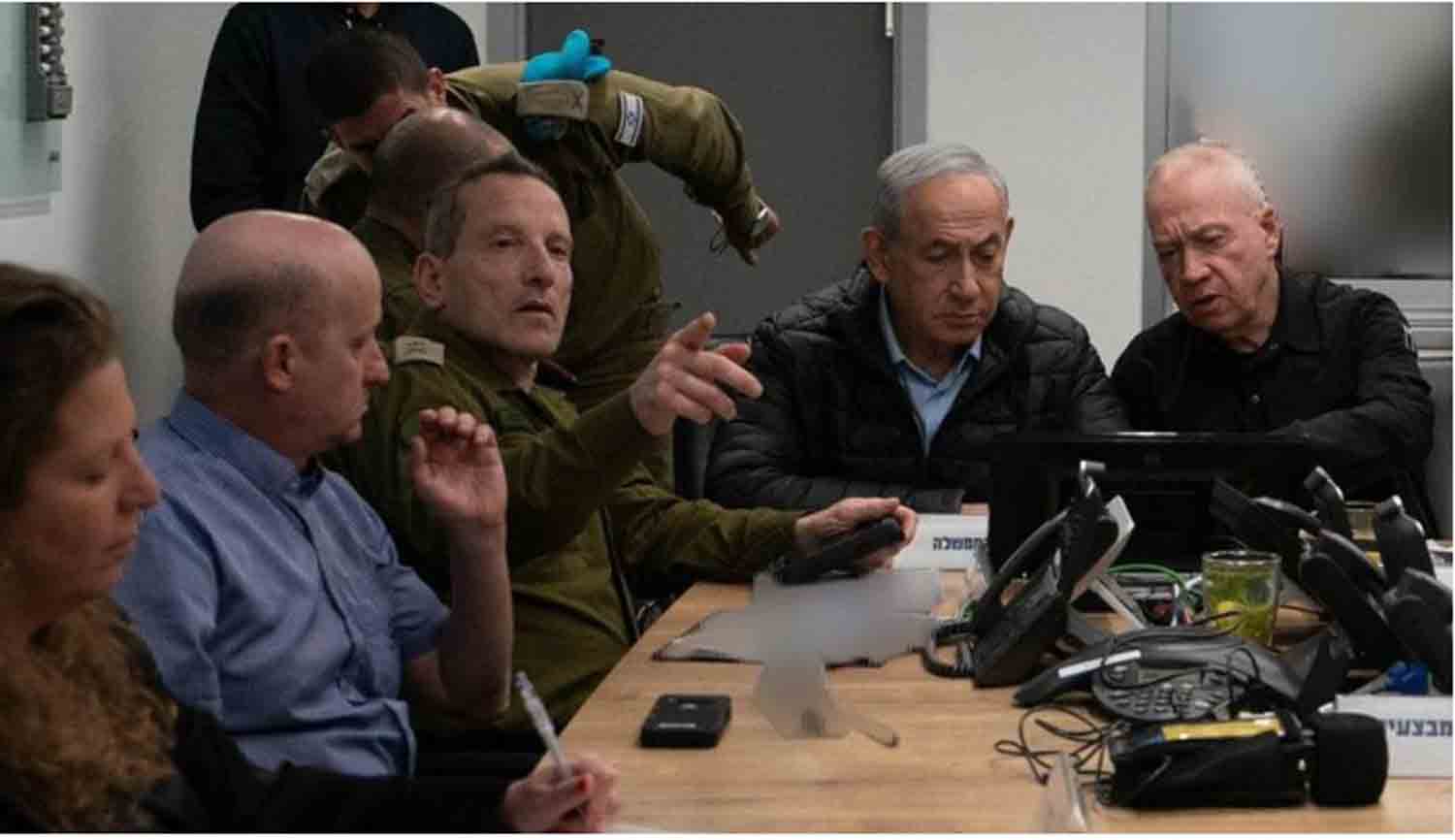The 2024 BRICS summit held in Russia this week served as a platform for Moscow and Beijing to express their mutual anti-Western sentiments and global aspirations. However, analysts suggest that the ongoing conflict in Ukraine may be straining the “no limits” partnership between the two nations.
The choice of Russia as the summit’s venue was strategically important, particularly in light of global efforts to isolate the country following its invasion of Ukraine.
“For Russia, hosting the summit is crucial to demonstrate that it is not alone and still has allies on the world stage,” stated Shiau-shyang Liou, an associate research fellow at the Taiwan-based Institute for National Defense and Security Research.
“China finds itself in a similar situation, facing sanctions from the United States, although it has not yet escalated to military confrontation. Thus, they share common interests and align on these matters,” Liou further explained.
The summit’s outcomes highlighted the collaborative ambitions of China and Russia within BRICS, which originally comprised Brazil, Russia, India, China, and South Africa but is now expanding to include new members such as Saudi Arabia, Iran, the United Arab Emirates, Egypt, and Ethiopia.
During the summit, both Beijing and Moscow outlined their intentions to develop economic systems independent of Western-led frameworks, celebrated the achievements of BRICS nations in various development projects, and promoted plans to steer the coalition of states towards a more interconnected future.
During his address at the BRICS summit, Russian President Vladimir Putin advocated for the establishment of various mechanisms aimed at circumventing conventional, Western-dominated systems that expose his nation to economic sanctions from the West.
He stated, “We believe that initiating a specialized mechanism for consultations among BRICS nations regarding matters related to the World Trade Organization will assist us in developing a unified stance on creating fairer rules within the global economy and reforming the international financial system,” as per the transcript provided by the Kremlin.
Chinese President Xi Jinping supported Putin’s statements, asserting that BRICS nations “should take a leading role in the reform process.”
“We must ensure that the international financial system accurately reflects the shifts in the global economic landscape,” Xi emphasized.
He further noted that BRICS member states should collaborate to establish BRICS as a primary platform for enhancing solidarity and cooperation among Global South countries and as a leader in advancing reforms in global governance.
However, Ali Wyne, a senior researcher at the International Crisis Group, indicated that China’s and Russia’s capacity to achieve significant outcomes from their commitments may encounter obstacles.
“The BRICS coalition is unlikely to attain geopolitical unity. China’s relationship with India is tense, as are Iran’s relations with Egypt and the United Arab Emirates. Furthermore, most member nations view their participation in BRICS as a way to enhance their foreign policy flexibility rather than as a strategy to oppose the West,” Wyne remarked.
The common goals of Beijing and Moscow may be eclipsed by more significant geopolitical concerns, particularly the ongoing conflict in Ukraine, according to analysts.
During the summit, China reaffirmed its dedication to finding a resolution to the war. Xi introduced the “Friends of Peace” initiative, a joint effort spearheaded by China and Brazil aimed at achieving a negotiated settlement to the conflict.
Intelligence from the U.S. and South Korea indicated that approximately 3,000 North Korean troops are undergoing training in Russia for potential deployment in Ukraine. Ukraine’s military intelligence reported that the number of North Koreans currently in Russia stands at 12,000.
Initially, the Kremlin downplayed the reports regarding North Korean troop movements; however, during the BRICS summit, Putin did not refute the presence of North Korean forces in Russia. This growing military collaboration between China’s neighboring countries places additional pressure on China and contradicts its aspirations for peace.
“North Korea is increasingly willing to disregard China’s preferences, not only by escalating its nuclear and missile activities in the Indo-Pacific but also by exacerbating an armed conflict in another region while Beijing aims to position itself as a peacemaker,” noted Wyne.
In June, Putin and North Korean leader Kim Jong Un formalized their military alliance through a mutual defense treaty. North Korea also maintains a similar agreement with China, making it the only nation to have established such a formalized relationship with Beijing.
“The challenge for China lies in deciding whether to uphold its commitment to defend North Korea, which could lead to involvement in the conflict in Ukraine. Should North Korea enter the war, it would introduce considerable uncertainty into China-North Korea relations,” stated Dingli Shen, an international relations scholar based in Shanghai.
China maintains a consistent and clear stance regarding the Ukraine crisis. Liu Pengyu, spokesperson for the Chinese Embassy in Washington, expressed in a statement to VOA, “We hope that all parties will engage in de-escalation efforts and remain dedicated to a political resolution.”
Discover more from Defence Talks | Defense News Hub, Military Updates, Security Insights
Subscribe to get the latest posts sent to your email.





